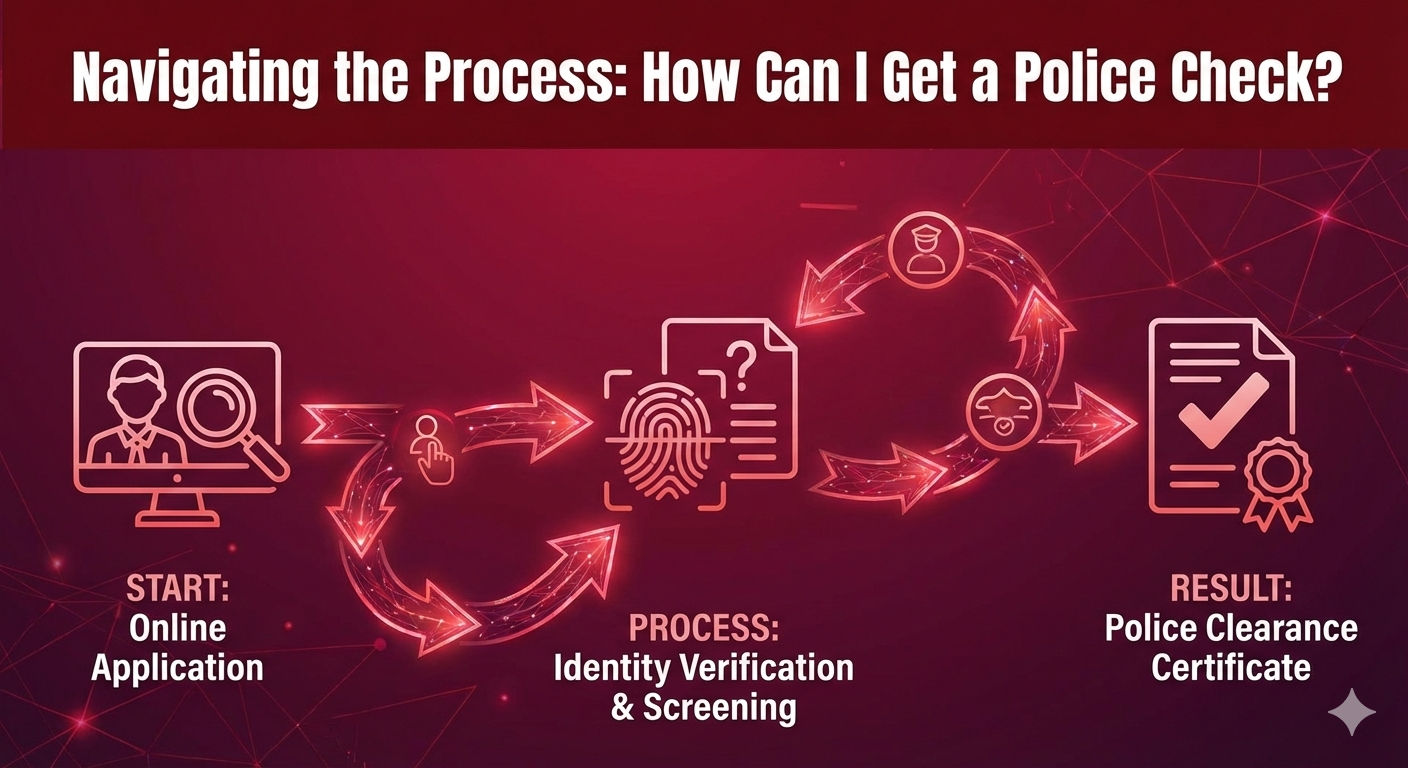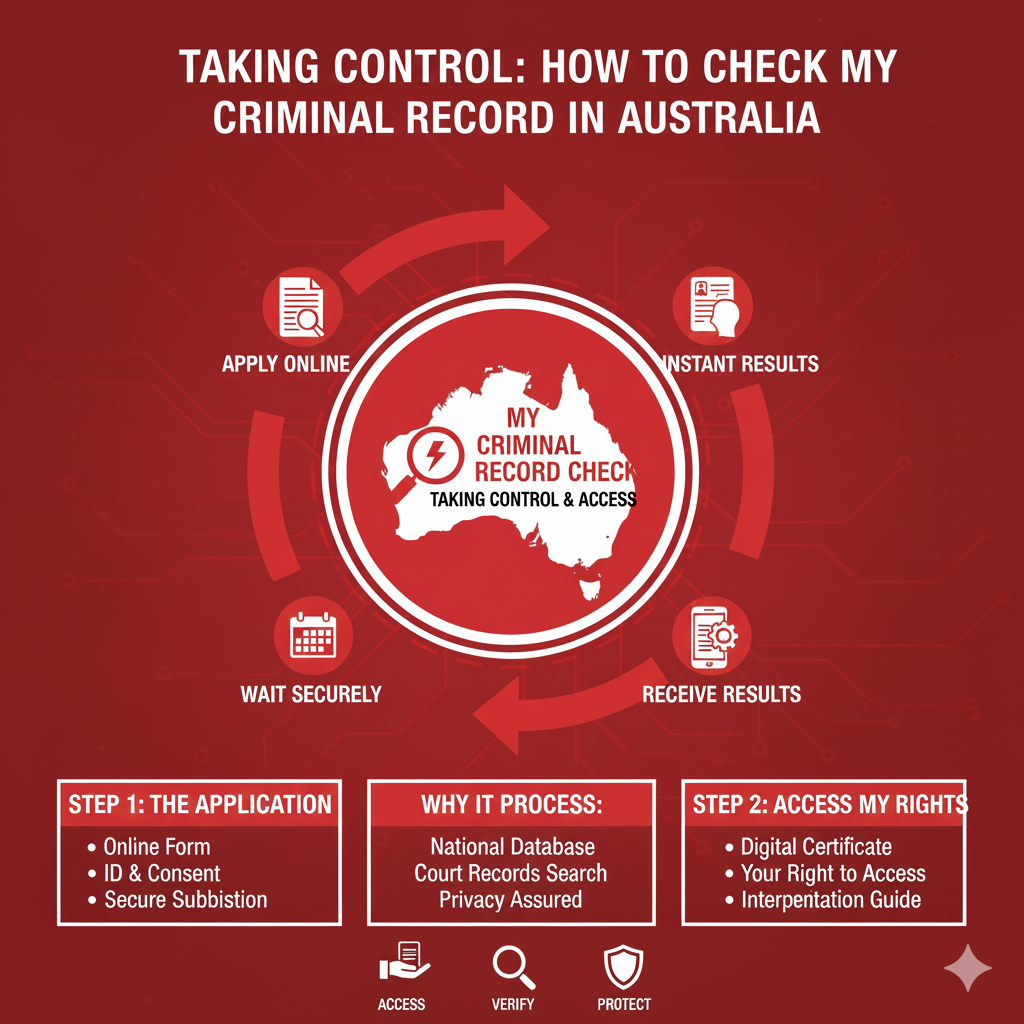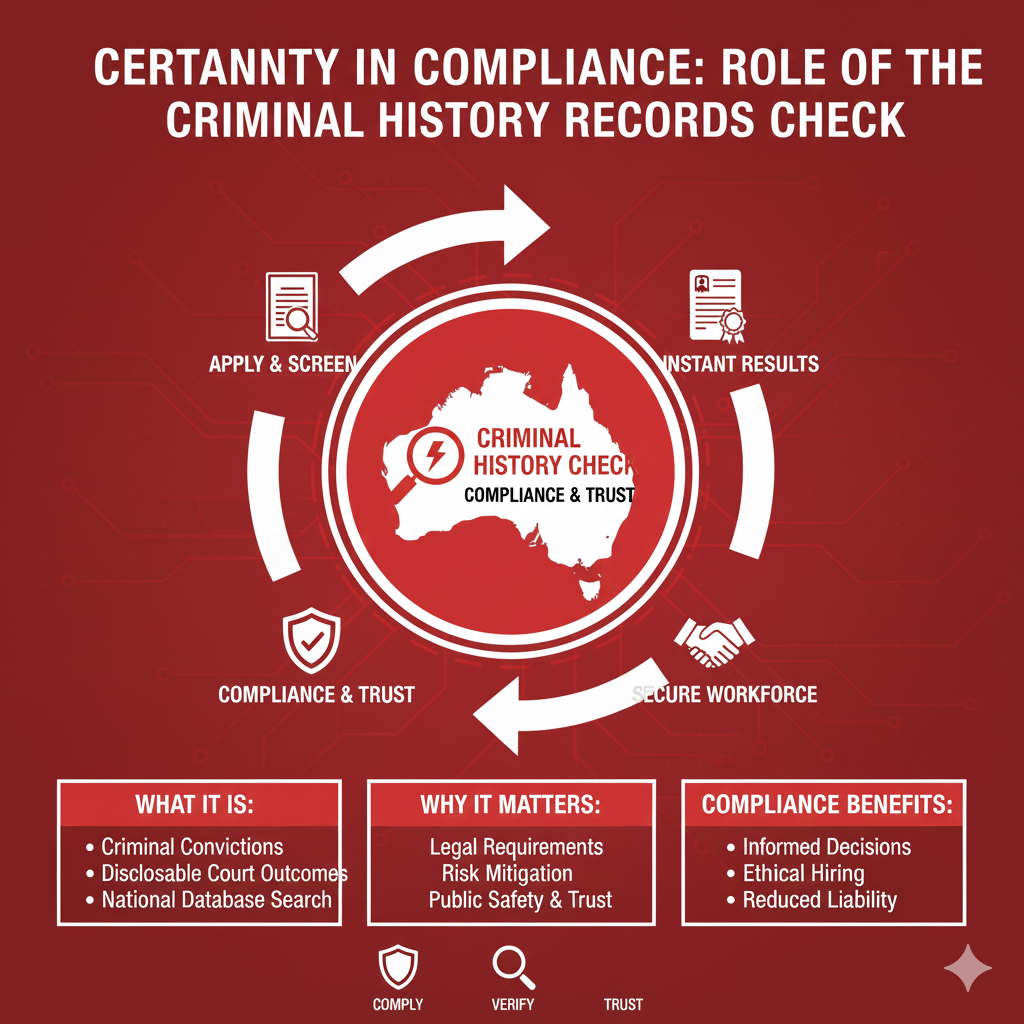As aids for persons living with different disabilities, the role of an ndis support for children workers becomes very handy. If one enters this field, he should understand the roles, requirements, and opportunities associated with the process. This blog identifies the various aspects associated with being an NDIS support worker regarding roles, qualifications, and steps to initialize the process.
What is an NDIS Support Worker?
Any person charged with supporting persons living with a disability to achieve their goals, apart from being able to live freely on their own, is an NDIS support worker. Since the National Disability Insurance Scheme is the national insurance program for Australia, the services offered by support workers in this scheme are very wide-ranging.
Roles and Responsibilities
Some of the roles that an ndis support for children worker would take up include:
-Personal care and management of daily living: cooking, cleaning
-Assisting clients in social and recreational activities
-Assisting clients in achieving their employment, education, or social participation related objectives
-Companionship and emotional support
-Collaboration with other professionals for a holistic approach towards care planning, such as NDIS support coordinators
Why is an NDIS Support Worker Important?
An NDIS support worker is important for the following reasons;
Empowerment: They help a disabled person live and act independently with self-confidence in a more independent way.
Customized Care: Design of the services by an NDIS support worker views the needs of each client to provide better, personalized care.
Community Inclusion: The support workers arrange community activities that make their clients feel they are part of the community.
How to Become an NDIS Support Worker
Step 1: Acquire the Required Qualifications
This normally needs a person to possess a Certificate in Disability Support or other qualifications such as Certificate III in Individual Support, Certificate IV in Disability, or a Diploma of Community Services.
Step 2: Get Some Experience
This experience could be useful, more so if acquired through a similar role. All this experience is acquired through volunteering or working on related fields such as in aged care or mental health support. There are some NDIS Police Check Requirements that you must go through.
Step 3: Understand the NDIS Framework
NDIS philosophy, and funding, scope of practice, and the parameters of working as a ndis support for children coordinator should be known. The information will enable you to provide quality service to your clients.
Step 4: List all Checks and Clearances Required
On the other hand, considering the safety of the weak clients involved, there needs to be some sort of checks and clearances with a minimum requirement of:
- Working with Children Check (where applicable)
- First Aid Certificate
- National Police Check
Step 5: How to Apply to Become an NDIS Support Worker
If you want to be an NDIS support worker professionally, then you would need to get registered with the NDIS Commission. The requirements may include agreeing that you viewed a few standards and uphold the NDIS Code of Conduct.
NDIS Support NSW
In New South Wales, the NDIS support services are tailored to meet the diverse needs of individuals with disabilities. The state offers a range of specialized services, from personal care and daily living assistance to community engagement and capacity building. NSW Check is designed to ensure that participants receive the help they need to achieve their goals and enhance their quality of life. Local service providers and support coordinators work closely with clients to navigate the NDIS framework and access appropriate resources and funding.
NDIS Support Worker Hourly Rate
It does depend upon many factors: location, level of experience, and services delivered. This would be anywhere from $25-45 per hour. This also creates rates that are dissimilar for independent support workers in comparison to agencies.
Specialized Skills: Specialized skills, such as NDIS behavior support workers, command a higher rate.
Location: The prices differ from location to location. A bit higher in the metropolitan areas.
NDIS Support Services
Services with regards to ndis support for children range from daily living supports to specialist behavior support. Let us discuss some of the major services.
Daily Living Supports
This consists of hand-on services for activities like dressing, bathing, cooking, and other activities. It might bring in easier, comfortable, and independent living conditions for the client.
Community Participation
The community workers make the clients they work with take part in social and recreational activities, hence maximizing community integration and minimizing isolation.
NDIS Behavior Support
Behavior support refers to the support of persons who exhibit challenging behaviors. Support workers, in collaboration with behavior professionals develop and apply positive behavioral strategies in supporting their clients.
Assistance with Transport
It is common for many NDIS participants to require support in accessing various appointments or getting to and from work or other social activities. Obviously, some will only need transport; others may require a support worker traveling with them on public transport.
What Does an NDIS Support Coordinator Do?
While an ndis support for children coordinator represents a similar but broad and complementary role in contrast to the latter, the former is responsible for managing the NDIS plan of the client and linking him to appropriate services.
Key Responsibilities of an NDIS Support Coordinator
Plan Management: Assist clients to understand and manage respective NDIS plans.
Service Coordination: Link clients with service providers who could meet their needs. Setting goals and achieving them. Helping clients set and achieve their personal goals in a collaborative way.
Independent NDIS Support Worker
Many people work as independent support workers. They don’t work for an agency. While this offers flexibility, it also creates some extra responsibilities.
Pros and Cons of Being Independent
Pros: You are in control; you set your hours, charge at the rate at which you want to charge.
Cons: This means you have to sort out your own tax, insurance, and that kind of thing.
How to Work for Yourself/Self-Registration with the NDIS
Whereupon one decides to work as an independent NDIS support worker, he has to complete the required studies, establish a bookkeeping system, obtain an ABN, and market his services. In any case, be reminded that networking and contacting people looking for services is paramount. reminded that networking and contacting people looking for services is paramount.
Police Check Queensland
Queensland Police Check is a critical requirement for anyone looking to work as an ndis support for children. This check ensures that individuals have a clear criminal history and are suitable to provide support services to vulnerable populations. The police check is part of the broader screening process and helps to uphold the safety and integrity of the care provided. Applicants must obtain a valid police check from the Queensland Police Service or a recognized agency to comply with NDIS regulations and ensure a trustworthy support environment
Challenges and Rewards of Being an NDIS Support Worker
While being an ndis support for children workers is highly rewarding, it’s not an easy role. Understanding both the challenges and rewards will further enlighten you on how you must prepare for a successful career.
Challenges
Emotional Demands: Being supportive to people who are disabled might become emotionally taxing. Physical demands: Lifting or doing other such tasks to provide mobility are some of the physical demands of the job. Complex Clients: Some clients’ needs are more intensive; therefore, the requirements have to be specialized.
Benefits
Satisfying: Helping others is very satisfying. Never Boring: The challenges of doing the same work every day are never boring.
Personal and Professional Development: Opportunities also come in for personal and professional development.
Rapid Screening for NDIS Support Work
Rapid screening for ndis support for children work is essential to ensure that potential support workers are suitable for the role and meet the necessary criteria. This process typically involves background checks, verification of qualifications, and assessments of previous work experience. Quick and efficient screening helps to expedite the hiring process and ensures that individuals are adequately prepared to support people with disabilities. By implementing robust screening procedures, organizations can maintain high standards of care and safety for NDIS participants.
Conclusion
It means that NDIS workers are open to people living with any form of disability to live life in fullness. Truly, there is no denial that the work is hugely demanding in patience and attention, but truly rewarding. With insight into who an ndis support for children worker is and what his roles are, you would be embarking on a journey towards satisfactory career enrichment for others.
Frequently Asked Questions (FAQs)
Q) Role of an NDIS support worker for children?
Young individuals with disabilities receive assistance from children’s NDIS support workers with daily tasks, social interaction, education, and personal development. They seek to help children reach the goals set by their NDIS plans and gain greater independence in a safe and encouraging environment.
Q) Do I need qualifications to become an NDIS support worker?
Most careers require at least a Certificate IV in Disability, a Certificate III in Individual Support, or a Diploma in Community Services, however these are not always necessary. Additionally, certain jobs require first aid training and Working with Children Checks.
Q) Is a police check mandatory for NDIS workers in Queensland?
Yes. Working among individuals who are vulnerable under the NDIS in Queensland (and across Australia) necessitates a current police check. This ensures the safety, compliance, and dependability of the support worker.
Q) What’s the average hourly rate for an NDIS support worker?
The hourly pay, which usually goes from $25 to $45, depends on an employee’s place of residence, service, credentials, and skill level. Those with specific knowledge or separate support workers can charge greater.
Q) What’s the difference between a support worker and a support coordinator?
Although a support coordinator assists in managing the NDIS plan, connecting individuals with resources, and ensuring that targets are effectively met, a support worker offers beneficial support with everyday activities and personal care.
Q) Can I work as an independent NDIS support worker?
Yes, working for yourself gives you more freedom and flexibility, but you also have to handle your personal taxes, and insurance. Additionally, you will be the one in charge of engaging with customers and selling what you have to offer.




